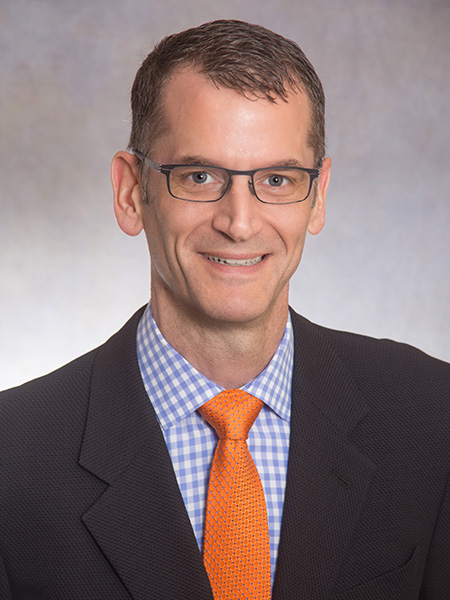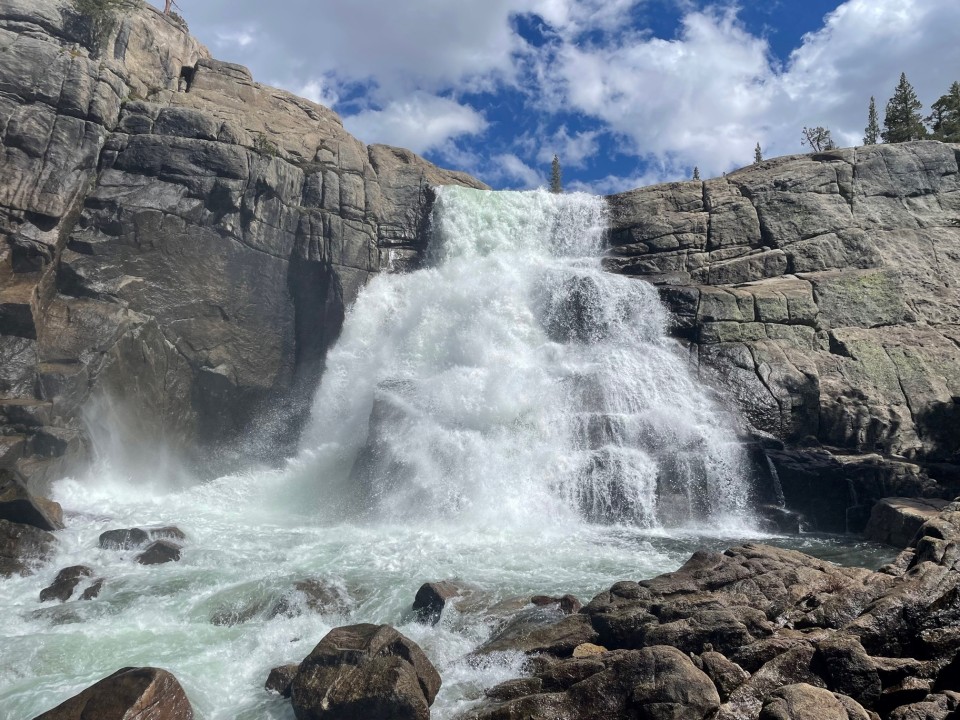Are You Packing Too Much – or Not Enough – in Your Day?
One of my grad students enjoyed a story I shared about a recent trip to Yosemite National Park, so I thought it may be helpful insight for others. While at the park, I decided to backcountry hike the Glen Aulin area on the near north end of the park because it was a bit less traveled and offered high country views and a lot of raging waterfalls. I was in awe at the beauty of the falls that cascaded down the valley for five miles along the Tuolumne River, which is where this story begins.
I setup my tent at a backcountry campsite that enabled me to hike the area without packing all my stuff each day. My backpack weighed north of 40 lbs with water and food. On the second day, I decided to hike along the falls into the valley and thought it would be good to bring my camp chair, too much food, too many clothes, and too many camp accoutrements. My pack was overloaded, and it did not need to be since I was planning to return to my site later that afternoon. I descended 2,500 feet over the course of several miles and the heat and humidity became pretty uncomfortable. People along the way lamented that I packed a lot of stuff for a day hike, but I paid them no mind…until. Until I decided to turn around and make the return hike upstream in the heat, blazing sun with a much too heavy pack. It was exhausting!
It occurred to me that I was carrying way too much on my back, not too dissimilar to when we carry too much overhead or feel overwhelmed in our professional or personal life. I did not need to be a pack mule that day. It is a good reminder to consider where I can lighten my load and know that I have enough to make things work with limited resources.
Conversely, a day or two later, I hiked to a higher elevation to enjoy the mountaintop views of Elizabeth Lake. While I was trekking on this less traveled trail, I noticed it would be necessary for me to traverse a fast river crossing to make my lake view destination. So, I removed my hiking boots and socks, tossed them thirty feet to the other side of the stream, and commenced to walk through the 40-degree, fast-moving water over slippery rocks. Upon reaching the other side, I retrieved my boots and organized myself to make the balance of my hike to the lake. However, I immediately noticed that my ankle was in severe pain. It began to stiffen and swell to the point I had a pronounced limp. Fortunately, I made it back down to my car the next day, but my hiking trip was over because I did not take care of myself, which led to a high ankle sprain. Had I worn my Crocs, taken my time, and employed my trekking poles, I would have been just fine.
The lesson here is to practice good self-care and not be too overconfident in my abilities. Ever experienced either of these blind spots in your personal or professional life? I have for sure. Getting worn down from the grind of an active life or overplaying your capacity can lead to something that resembles a high ankle sprain in professional life at the worst of times. Where are you overloaded and carrying too much in your pack and where are you spread too thin to take care of yourself?
Some of my best learning takes place when I am hiking. In large part, I believe it is because I am available to what I am experiencing rather than moving from one task to the next without taking much time to reflect when I am at work. I obviously need to hike more!

Ben Wilhelm, DBA, MSOD is EVP/COO of McFarland Construction, a commercial construction firm in Charlotte, NC, and Managing Partner of Unscripted, LLC, an executive coaching and leadership consulting practice. Ben is also an adjunct instructor in the McColl School of Business at Queens University of Charlotte and serves on the two privately held corporate boards.







